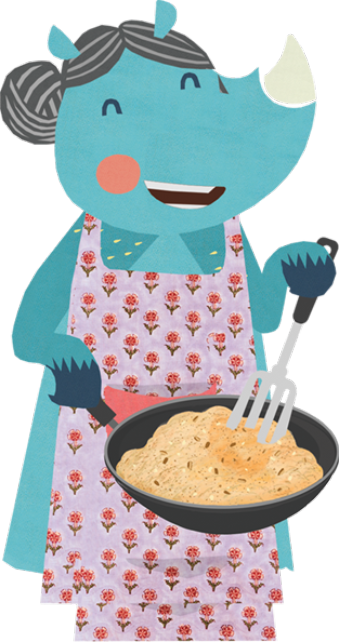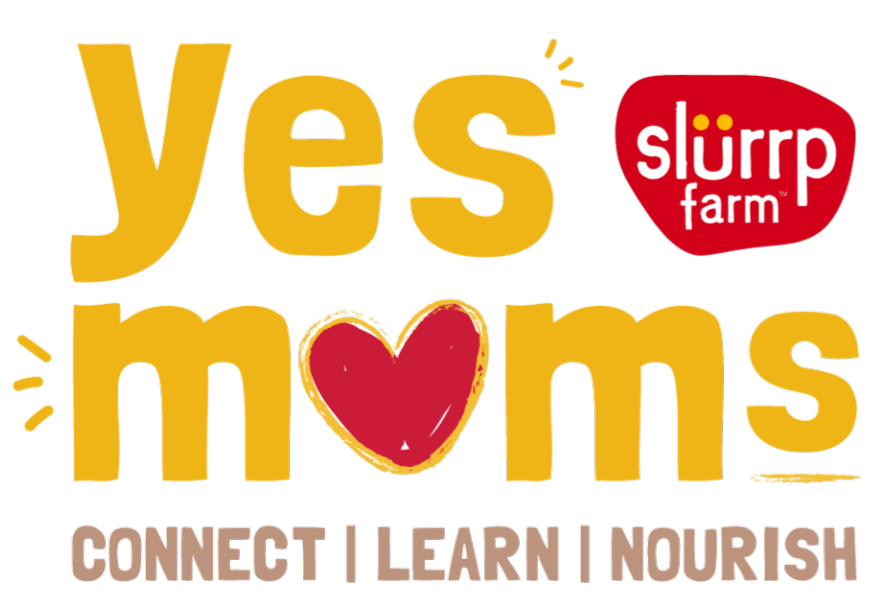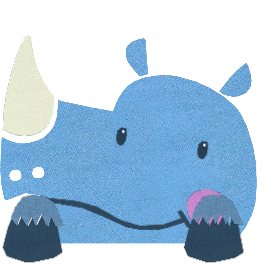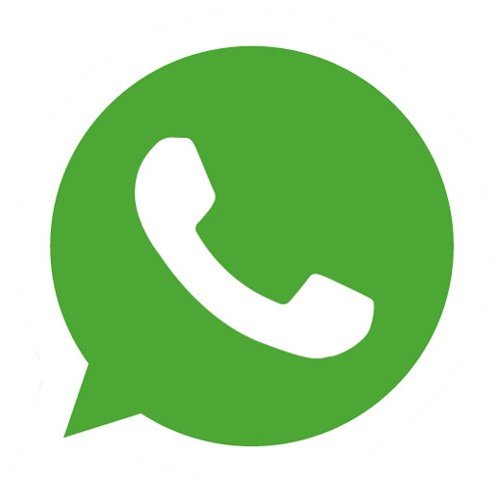Welcoming a baby into the world is a joyous occasion filled with countless
Dental care and hygiene should begin even before your baby's first tooth emerges, typically between 4 and 12 months of age.
Why Care for Milk Teeth?
Milk teeth, also known as primary teeth, play a crucial role in your baby's overall well-being. Here's why taking care of these temporary teeth is essential:

- Nutrition intake: Decayed milk teeth can disrupt your baby's ability to eat properly, impacting their nutrition intake.
- Speech development: Oral health issues can hinder speech development, potentially leading to speech difficulties later on.
- Space for permanent teeth: Milk teeth serve as placeholders for permanent teeth. Premature decay and loss of these teeth can affect the proper alignment and development of future permanent teeth and gums.
The Journey of Baby Teeth
Babies typically have a total of 20 milk teeth, which start emerging around 4 months of age and continue until the baby is approximately 3 years old. Therefore, it's crucial to establish healthy oral hygiene habits from the very beginning, just as you would for building nutritious eating habits.
Pre-Tooth Care
Before your baby's first tooth makes its debut, here's what you can do to lay the foundation for good oral hygiene:

Gentle gum cleaning: Use a clean, soft, damp washcloth or an infant finger toothbrush to rub gently over your baby's gums. This practice helps remove harmful bacteria and acclimates your baby to mouth cleaning.
Caring for Your Baby's Teeth
Once your baby's first tooth appears, it's time to start brushing. Here's a step-by-step guide on how to go about it.Select the right toothbrush: Choose a baby toothbrush with a soft, small head and gentle bristles. Ensure that the brush head is small enough to fit comfortably in your baby's mouth. You can opt for a regular or electric toothbrush based on your preference.

- Replace it at regular intervals: Change your baby's toothbrush once you notice the bristles becoming rough or after it has been used for 3-4 months.
- Brushing technique: Follow these tips from the National School Oral Health Program by the Indian Dental Association:
1) Hold your baby in a way that makes it easier to brush their teeth. Sitting on the floor or lying on their back with their head on your lap can provide good leverage.
2) Brush your baby's teeth for at least 2 minutes twice a day, with bedtime being the most crucial time to prevent cavities.

3) Move the brush in a circular motion over the teeth and gums, covering the outside, inside, and chewing surfaces.

4) Gently brush the tongue and gums to remove germs.
5) There's no need to rinse your baby's mouth with water, as this can wash away the protective fluoride. Babies may not be able to spit out toothpaste, which is why you should use a minimal amount. As they grow, encourage them to spit it out.
Key Takeaways
- Be consistent: Maintain a consistent oral hygiene routine.
- Bedtime routine: Avoid bedtime bottles and ensure you brush your baby's teeth before they sleep.
- Regular checkups: Schedule at least one dental checkup for your baby before their first birthday.
Pacifiers and Oral Health
Using pacifiers can be beneficial, as they satisfy your baby's natural urge to suck. Here are some tips for pacifier use:

- Choose a pacifier that fits your baby's mouth comfortably and keep it clean.
- Never clean a pacifier with your own mouth to prevent the transfer of bacteria.
- Check pacifiers for signs of wear and tear and replace them when necessary.

- Avoid dipping pacifiers in sugar, honey, or sweets.
- Discourage pacifier use after 1 year of age to prevent interference with teeth and speech development.
Encouraging Brushing: Making It Fun
Not every baby will eagerly embrace toothbrushing, especially if their gums are sore from teething. However, you can make the experience more enjoyable
1) Sing songs: Turn brushing into a fun and positive experience by singing your baby's favorite songs or creating silly brushing songs.
2) Model brushing: Demonstrate proper brushing technique and make it look exciting. Brush your own teeth in front of them before brushing theirs.
3) Let them play: Allow your baby to play with the toothbrush, familiarizing themselves with it before you begin brushing. Let them hold the brush and they may themselves put it in their mouth as they do with other objects.
4) Games and special brushes: Create games or choose a toothbrush with their favorite character to make brushing more appealing
Preventing Tooth Decay in Babies
Tooth decay can occur in babies as soon as their teeth erupt. It's essential to be vigilant and proactive in preventing dental issues. Here are some ways to prevent tooth decay in your baby!

1) Regular cleaning: Lift your baby's upper lip to inspect their teeth. Decay-causing bacteria are typically transmitted through adult-baby interactions, so avoid sharing utensils or kissing them on the lips.
2) Professional help: Keep an eye out for anything that appears abnormal and consult a pediatric dentist if needed. Avoid any self-medication or self-diagnosis for your baby.
3) Encourage savory foods: Promote savory foods in your baby's diet to reduce exposure to sugary substances.
4) Nighttime cleaning: Ensure thorough teeth cleaning before bedtime to eliminate bacteria and food particles that can lead to decay.
Caring for your baby's teeth is an essential aspect of their overall health and well-being. By establishing good oral hygiene habits from the beginning, you're setting them on a path to a lifetime of healthy smiles.

















